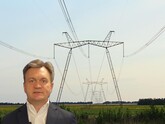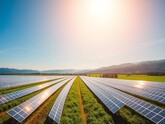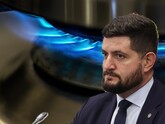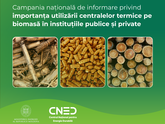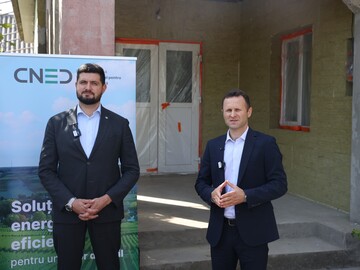
Energy modernization has begun in vulnerable households in rural areas, with beneficiaries paying only 5% of the cost of the work
The National Center for Sustainable Energy (CNED) has announced the start of energy modernization work in 41 vulnerable households in rural Moldova. The beneficiary families were pre-selected based on technical and social criteria and live in the districts of Calarasi, Straseni, Telenesti, Orhei, Criuleni, Ungheni, Hincesti, Sincereci, and Briceni. Fifty percent of the costs of renovating these houses are covered by the EU and the German government through the FEERM program, and 45% by the Energy Vulnerability Reduction Fund. Beneficiaries contribute only 5% of the total cost of the work. Previously, a detailed energy audit was carried out for each household to identify the main sources of inefficiency. Based on these assessments, individual packages of measures were developed, which may include wall and roof insulation, installation of solid fuel thermal power stations, replacement of exterior doors and windows, and modernization of heating systems and water heating installations. The implementation of these measures will lead to reduced energy consumption, lower monthly bills, and improved living conditions for beneficiary families. The work will be carried out by contractors and supervised by site managers, who will ensure quality control and sustainability of the investments. Financial support for this work is part of an initiative to improve the energy efficiency of individual homes in rural areas with extremely high energy vulnerability, supported by the EU and the German government. In total, up to 180 vulnerable households in rural areas of the country will be renovated with the support of the two donors. FEERM is a national program aimed at the energy rehabilitation of individual homes and residential neighborhoods, with an estimated budget of 1.4 billion lei until 2027. Its goal is to increase energy efficiency, reduce greenhouse gas emissions, and improve living conditions for the population. // 25.09.2025 – InfoMarket.


